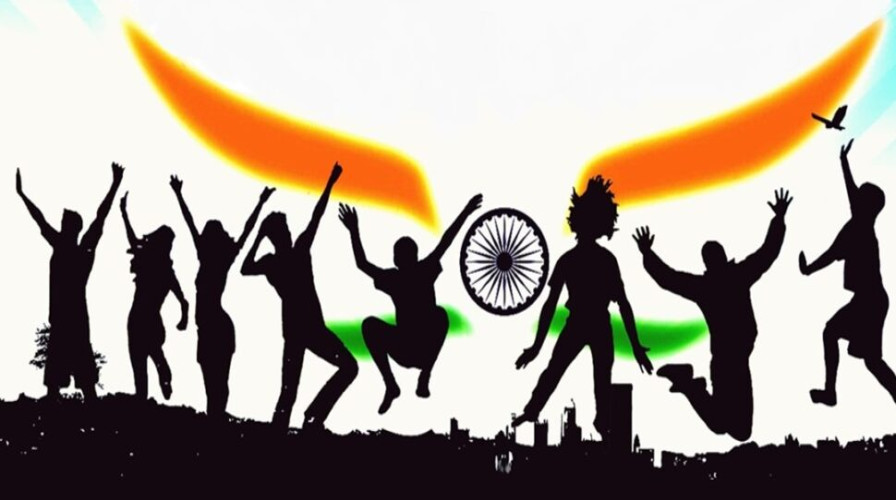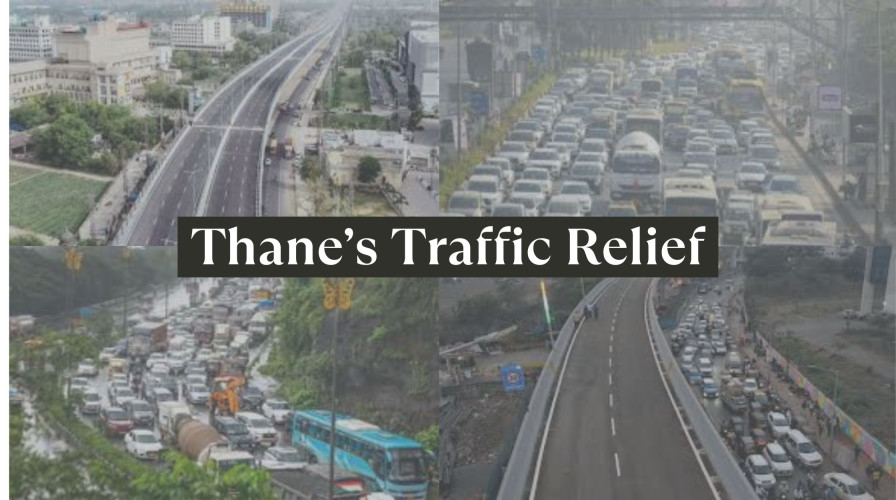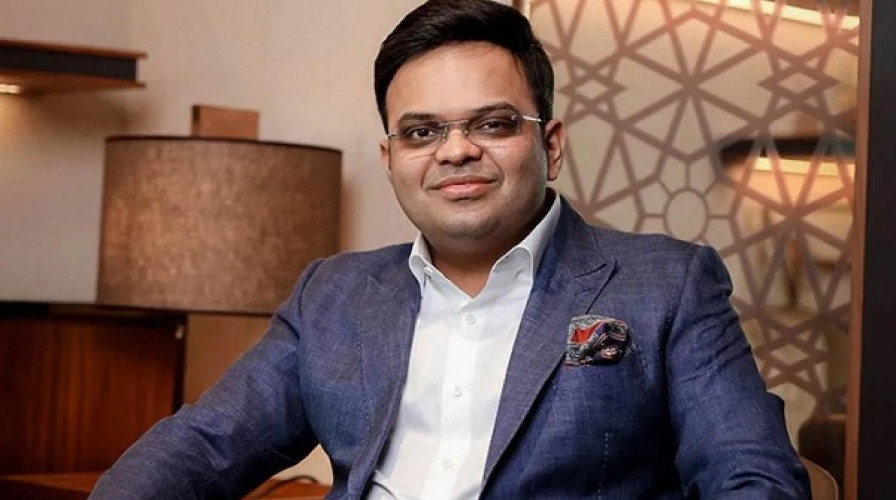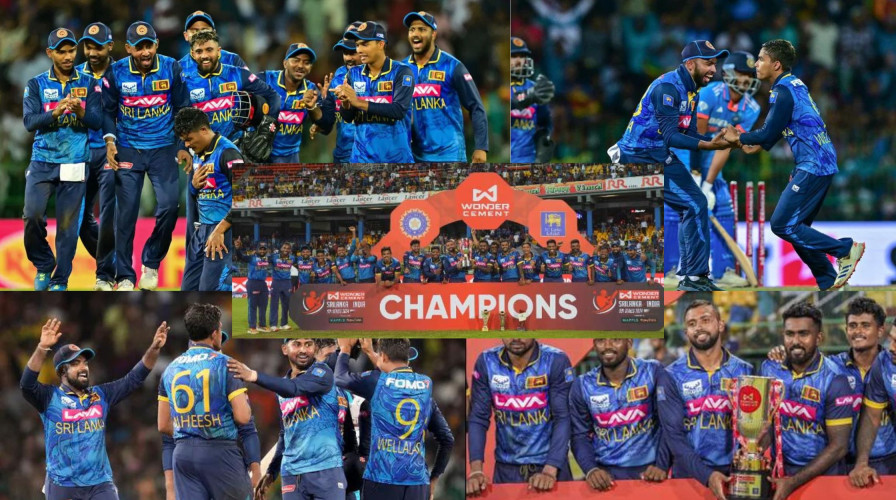In India, entertainment is far more than just a pastime; it serves as a potent cultural force that has profoundly influenced and mirrored the nation's historical evolution. From Bollywood's impact on social values to cricket's role in fostering national unity, entertainment has significantly shaped India’s cultural and historical trajectory. Here’s an exploration of some surprising ways in which entertainment has molded India’s history.
Bollywood and Social Transformation
Bollywood, the heart of India’s film industry, has done more than provide escapist entertainment—it has actively shaped social norms and attitudes. Movies such as Mother India (1957) and Lal Kaptaan (1972) have addressed critical issues like gender roles, social justice, and rural hardships. Mother India in particular highlighted the struggles of impoverished rural women, becoming a symbol of national resilience and influencing societal views on women's roles.

Cricket and National Cohesion
In India, cricket goes beyond being just a sport; it serves as a powerful unifying force across the country's myriad cultures and regions. The Indian cricket team's triumph in the 1983 World Cup was a landmark event that ignited immense national pride and strengthened national identity. Cricket matches frequently bridge regional and linguistic divides, fostering a shared sense of camaraderie among Indians from diverse backgrounds.

Television and Political Awareness
The introduction of television in India, especially during the 1980s, transformed the dissemination of political information. Shows like Ramayan (1987) and Mahabharat (1988) went beyond entertainment to educate the public on ancient epics, intertwining cultural heritage with modern media. These programs not only reinforced national identity but also explored themes of morality, duty, and righteousness.

Music and Social Movements
Indian music has been pivotal in numerous social and political movements. Folk and protest songs have played a significant role in struggles like the anti-colonial movement and modern social justice initiatives. During the Indian independence era, music often featured patriotic and revolutionary themes that rallied public sentiment against colonial rule.

Theather and Social Critique
Indian theater has long been a venue for social commentary and critique. Prominent playwrights such as Vijay Tendulkar and Girish Karnad have used their works to tackle issues like caste discrimination, gender inequality, and political corruption. Plays such as Sakharam Binder and Tughlaq have pushed societal boundaries and sparked debate, both reflecting and challenging prevailing norms.

Digital Media and Emerging Voices
In the digital era, Indian entertainment is constantly evolving, with new media platforms redefining societal conversations. YouTube and social media have empowered a new wave of content creators to address a wide array of issues, from mental health to gender equality. This democratization of media has amplified diverse voices and has the capacity to shape public opinion and policy in real-time.

Regional Cinema and Cultural Preservation
India's regional cinema is essential for preserving and celebrating local languages and cultures. Films in languages such as Tamil, Bengali, and Marathi not only provide entertainment but also shed light on regional issues and cultural identities. For instance, Tamil cinema frequently explores themes related to Tamil identity and political matters, enriching regional cultural and political narratives.

Conclusion
Entertainment in India has wielded a significant influence on the nation’s cultural and historical development. From Bollywood's role in shaping social values to cricket’s impact on national unity, and from television’s educational contributions to the rise of digital media, the ways in which entertainment has shaped India are both varied and profound. These surprising intersections illustrate how entertainment can be a powerful force in reflecting and shaping historical and cultural landscapes.









